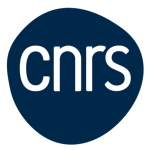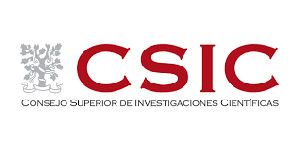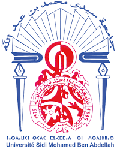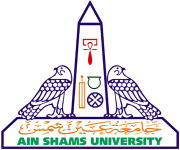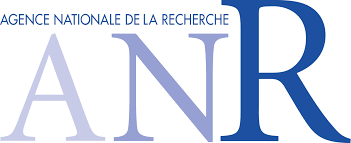The agricultural activities involve the extensive use of agrochemicals, spreading manure and fertilizers to improve crops yield. As a result, return flows from fertilized crops introduce nutrients, agrochemicals, antibiotics and other chemicals to waters, threatening the conservation of protected habitats. Additionally, in arid and semiarid regions, the irrigation of agricultural soils with low-quality waters is a common practice, which may affect the fate of organic pollutants increasing the risk of water contamination.
However, the knowledge of the chemical, physical, and biological characteristics of most saline wetlands is poor. It is thus crucial to increase our understanding on the chemical transfer into the water bodies and improve our knowledge on the effect of agricultural activities on the ecosystem. Microbial communities play a crucial role in the ecosystem functioning, particularly in the decomposition of the organic matter, the cycling of nutrients and the removal of pollutants such as pesticides.
It is of paramount importance to gain new insight on i) the effect of agricultural activities on the organization of the microbial communities living in such ecosystems, and ii) on the microbial metabolic capacities to mitigate the effect of pollutants. MAEWA is placed in this perspective with as primary goal to develop bioremediation treatments based on microbial activities.








